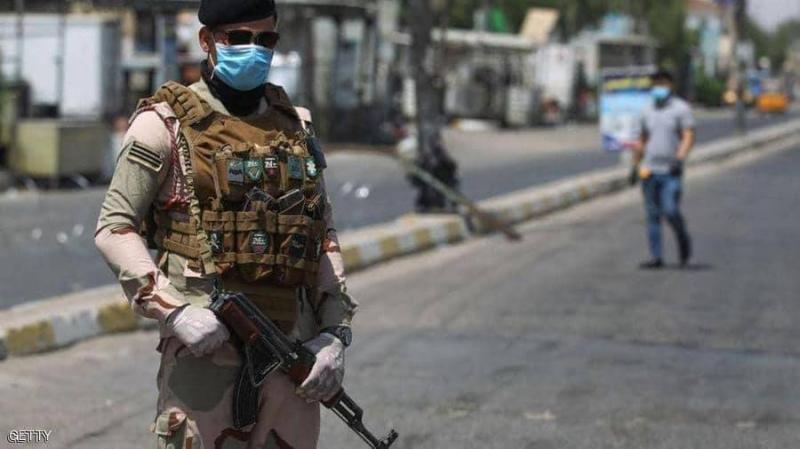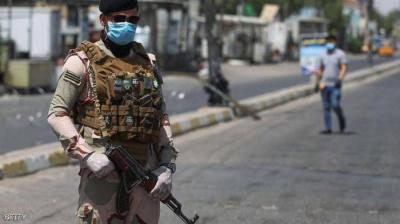In a strange story that created widespread uproar, Iraqi authorities in Babil province released a young man accused of killing his wife and burning her body, only to later reveal that she was alive, amid a wave of anger and criticism directed at the investigative authorities.
According to the details of the incident, which circulated in journalistic and social media circles, the young man went to report his wife's disappearance at the police station, where he was detained, and an investigation was launched into the circumstances of her disappearance. Investigators managed to extract a confession from the young man claiming that he killed her and concealed her body, while journalists reported that the accused had suffered severe torture.
The young man's family celebrated his release on Monday, but they refused to speak to local media about the details of the story due to orders from local police. Prior to this, Babil police displayed evidence related to the crime, in the presence of the police chief of the province and a large media delegation from the capital, Baghdad, which stirred public opinion at the time, and the young man faced a torrent of criticism due to allegedly committing a "crime."
Regarding the video re-shared by activists and bloggers, the accused claimed that he took his wife to visit a religious shrine, and after returning, stopped near the river, strangled her, and burned her body before returning home.
Iraqis questioned how the confessions were obtained, whether investigators had seen the crime scene and the signs of burning, as well as the absence of forensic data and the handling of the remains, identifying missing links in the case.
The case provoked varied reactions among bloggers on social media and media outlets, with calls for the interior minister to resign and for the police chief of Babil to be dismissed. There were also inquiries from bloggers and activists about how the investigating judge could determine that a crime had occurred in the absence of any evidence or the body, and forensic data.
In response, Babil province police clarified part of the circumstances of the case, confirming that an investigation into the incident had been opened.
First Comment from the Police
Brigadier General Adel Al-Husseini, the media director of Babil police, stated to local media that "the case astonished us after the accused confessed to killing his wife, only for her to be found alive."
He added that "initial information indicates that the accused informed the investigating officer that he had killed his wife, who had been missing, and he appeared in the media explaining the details of the incident," indicating that "an investigation is ongoing to determine the circumstances of the accused's confessions that do not conform to the truth."
He continued, "After the case was publicized across social media and media outlets, citizens reported the location of the wife, prompting security forces to head there and arrest her, which led to a change in the case's narrative, revealing that there were family problems between the spouses that may have led the woman to flee or similar circumstances."
He mentioned that "as a result, we took measures against the investigating officer by involving the judiciary in this matter to ascertain the truth of the case and whether any torture occurred during the investigation," clarifying that "the police chief and the investigative authorities are currently looking into whether the individual in the case was subjected to torture during the investigation, and the case will be left to the judiciary."
Torture in Prisons
For her part, human rights activist Mona Al-Amiri remarked that "the incident highlights a significant flaw in the operations of security agencies that claim day and night to arrest criminals and drug traffickers, affirming the need for a major reform that starts from the top and extends to providing investigators with intensive scientific training on how to verify the occurrence of crimes."
Al-Amiri added in a statement to "Sky News Arabia" that "the accused should file a lawsuit against the local police to seek compensation and clarification regarding everything that has happened, as he has suffered moral harm and been branded a criminal in front of the media."
With recurring incidents of deaths among detainees in several Iraqi prisons due to torture or under mysterious circumstances, as indicated by reports from local and international human rights organizations, this issue has become a focal point of criticism, both from Iraqi human rights entities and other local organizations.




